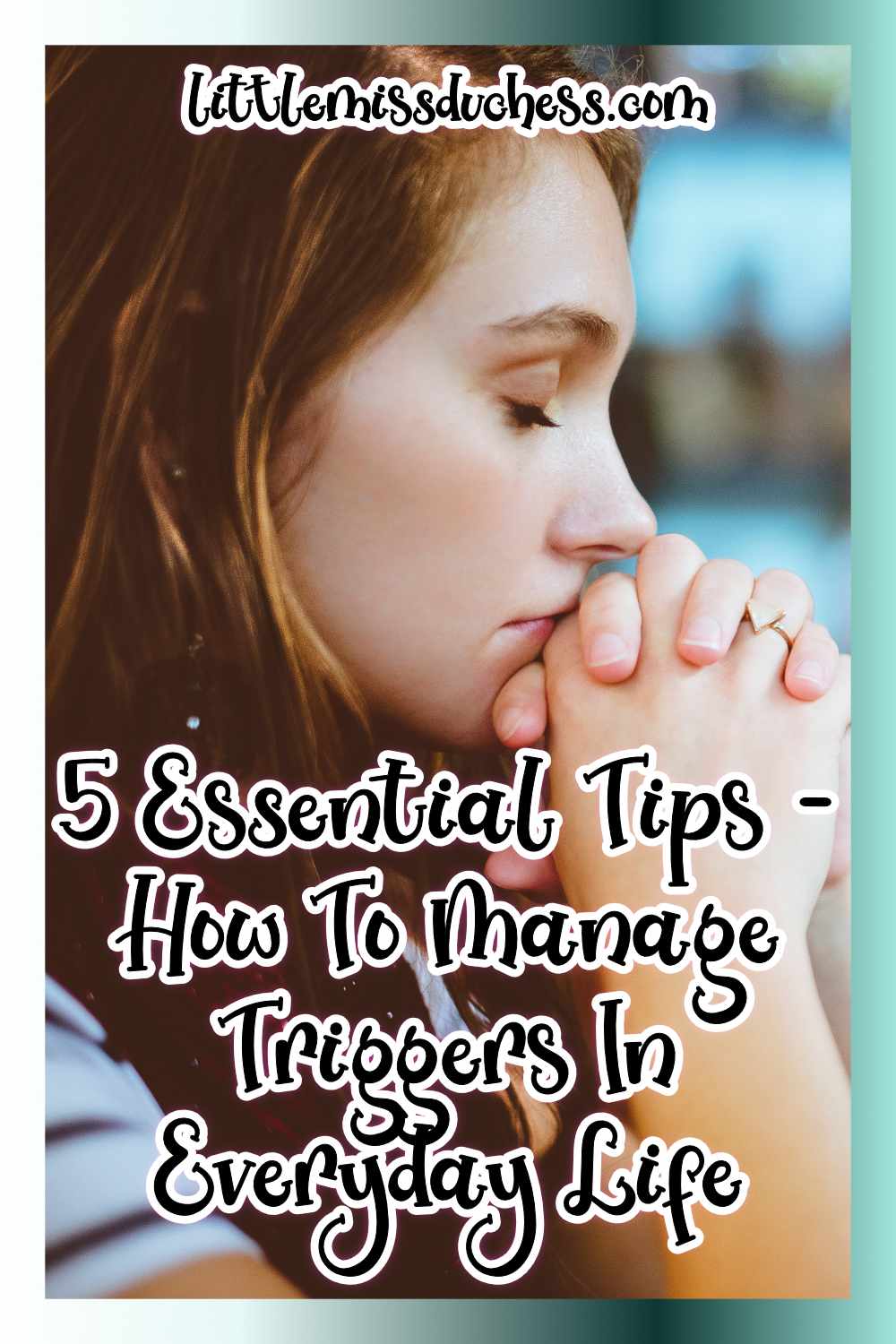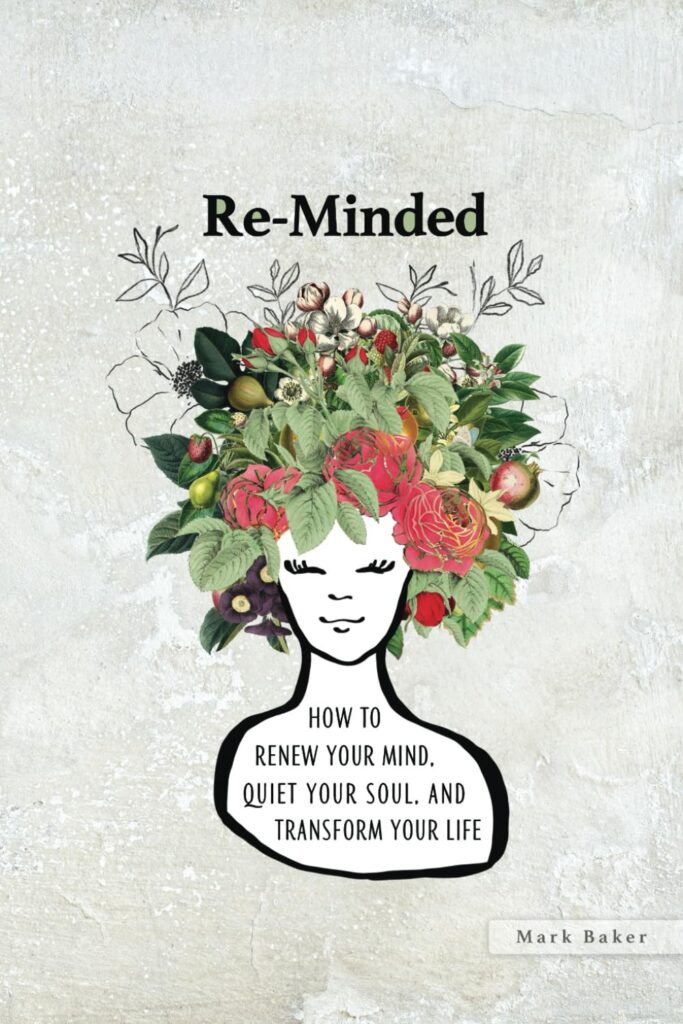
How To Manage Triggers in Everyday Life – 5 Essential Tips When Trauma Strikes
Table of Contents
How To Manage Triggers in everyday life, becomes a very important concept, especially when you’ve been through something that was traumatising, (or still dealing with trauma from your past), you may have noticed that many things during daily life, can stir it up.
These can be things such as thoughts, sight, smell and sound.
All of these can be a trigger, as can any other reminder of the trauma that you went through. Triggers can seem obvious (like seeing a man that looks similar to one that attacked you). But sometimes triggers are way more subtle than that and these can be difficult to get to grips with.
Ultimately, triggers are everywhere! They’re all around you at all times, and while it might seem like your symptoms appear out of nowhere, trauma and PTSD symptoms aren’t usually spontaneous. They are generally there for a particular reason!
Whether you’re aware that it’s happening or not, your symptoms often begin with something happening on the inside of you or triggered externally.
When it comes to internal triggers, memories, dreams, feelings, or thoughts can trigger symptoms like “anxiety”.
Externally, seeing a certain thing that reminds you of your trauma, running into someone that reminds you of it even someone who looks similar can all be triggering. If your trauma occurred in a specific place, even being somewhere that’s similar to that can be a trigger.
The best way to cope with your symptoms is to learn what your triggers are and where they come from. The best way to lessen their impact is to recognise the situations, feelings, people, thoughts, and memories that trigger you. Once you have worked out what triggers you, you can limit your exposure to them and lessen the impact of the triggers.
How To Manage Triggers – When the Triggers Originate From The Inside
As mentioned, triggers are internal or external.
An internal trigger is something that happens within your body. These can be related to bodily sensations, thoughts, emotions, and memories.
Internal triggers include:
⭐️Feeling of lonely
⭐️Feelings of vulnerable
⭐️Feeling Anger
⭐️Feeling Anxiety
⭐️Feeling Abandoned
⭐️Feeling out of control
⭐️Memories
⭐️Thoughts
⭐️Muscle tension
⭐️Frustration
⭐️Sadness
⭐️Pain
⭐️Racing heartbeat
How To Manage Triggers – When Triggers Originate From The Outside
An external trigger is something that happens in your environment. Triggers coming from outside are due to places, people, and situations you might encounter.
⭐️Smells
⭐️Sights
⭐️Argument
⭐️Sounds
⭐️A person
⭐️An anniversary
⭐️A place
⭐️A relationship ending
⭐️A specific date or day of the week
⭐️Holidays
⭐️News articles about the event or a similar event
⭐️Seeing someone connected to the event
⭐️Seeing a similar event unfold
⭐️Seeing a similar traumatic event take place on TV or in a movie

How To Manage Triggers – Identify Them As They Occur & Deal With Them
While some triggers are obvious, others may require more work to identify. What sort of situations are you in when you notice the symptoms, what is happening as they occur, what emotions do you feel, what thoughts are you thinking and how is your body feeling? These questions should help you identify your triggers. But once you’ve identified them, how do you cope with them?
It seems like it makes sense to avoid these thoughts and feelings. But trying to suppress triggers won’t help you! It’s also difficult to push down the triggers that come from inside of you! If anything, it’s going to slow your progress. Mark Butler talks a lot about avoidance in his book. It does not work!
Other Tips to Manage Triggers
🌹Breathing deep while experiencing a trigger may help you stay a bit calmer for longer while looking at how to deal with symptoms.
🌹Mindfulness is also a tool, and you can meditate anywhere. You can engage in prayer, use scriptures and bible verses on the topic, or pray in the way that suits you best.
You could also try some grounding techniques as making lists of:
🌹five things you can see,
🌹four things you can touch, three things you can hear,
🌹two things you can smell, and one thing you can taste.
How To Manage Triggers In Everyday Life – Use Therapy
Ongoing therapy can help you get on top of your triggers and assist you with effective coping tools if you sense a trigger coming on. Therapy may include: butterflies.
🌹 Exposure therapy
🌹 CBT
🌹 and EMDR
Right now, I am dealing with past trauma by going through Mark Baker’s book, “Re-minded”. I recommend getting a copy of this book and working through it with me!
How To Manage Triggers – Use Medication (Under Guidance)
If you feel you need an extra boost, there are medications used to relieve symptoms related to trauma, and those medications can help people cope with triggers and the aftermath as well. There are a range of SSRIs commonly prescribed for trauma and doctors may prescribe an SSRI.
Final Thoughts On How To Manage Triggers When Triggered By Trauma
The more coping mechanisms you have, the easier it will become to manage triggers. Healthy coping strategies are the key to overcoming trauma to find healing.
Gaining awareness of your triggers can cause distress, so you should have a safety plan. You may want to work with a professional or have someone you trust nearby while you work on it.


